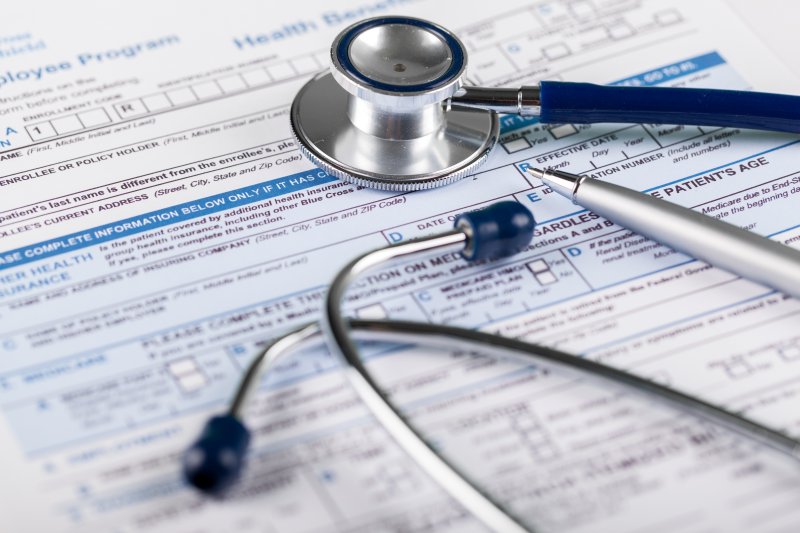
You’re likely to have several questions about sleep apnea and the process for treating it. Some of the most important inquiries that you’ll need to make will be about insurance and the overall cost of sleep apnea therapy. Will your own plan cover the cost of sleep apnea therapy? What if you rely on Medicare instead? And what about the cost of a sleep study? In this post, you’ll find the answers to these questions so that you can begin planning for your sleep apnea treatment right now.
Does Insurance Pay for Sleep Apnea Therapy?
You’ll have to check with your personal insurance carrier to confirm what is or isn’t covered under your plan. When it comes to oral appliances – a common alternative for patients who are unable to tolerate CPAP – you can normally expect them to be covered by medical insurance. (You do not typically use dental insurance even if you are receiving the appliance from a dentist; this is because sleep apnea is considered a medical condition rather than a dental one.) Since oral appliances are classified as durable medical equipment (DME), they’re considered an essential benefit under the Affordable Care Act. Of course, which benefits are actually mandatory is going to vary from state to state, which is why it’s important to double check.
What About Medicare?
You can get an oral appliance covered by Medicare as long as you fulfil specific requirements. That means having a physician visit before beginning oral appliance therapy and receiving said appliance from an enrolled Medicare DME supplier. (Said supplier will not be able to order sleep tests for a Medicare beneficiary.) It’s important that you fully understand your Medicare coverage and how it works before you commit to sleep apnea therapy.
Will My Sleep Test Be Covered?
You can take a sleep quiz to determine whether you’re at risk for sleep apnea, but that’s not enough for a full diagnosis. A sleep test will most likely need to be performed. Most health insurance policies will include coverage for such a test, although the requirements vary from plan to plan. For example, if you have Aetna, then your sleep test needs to be performed at home instead of at a separate laboratory. This is done to keep the costs down for both the insurer and the patient; home tests are generally less costly than laboratory tests (and are often more comfortable and enjoyable as well).
Your sleep doctor or dentist will be able to answer any other questions you have about paying for sleep apnea therapy. It’s a good idea to write down your concerns before your initial consultation so that you don’t forget to ask. Making sure that your financial situation is well in hand will make it that much easier to get a good night’s rest again.
About the Author
Dr. Pamela West has over three full decades of dental experience and has been helping Las Vegas patients at iSleep Solutions for 20 years and counting. She’s proud that specializing in dental sleep medicine allows her to care for patients in a variety of ways. If you have any questions about oral appliances or whether your insurance is accepted at her practice, visit her website or call (702) 844-6226.
